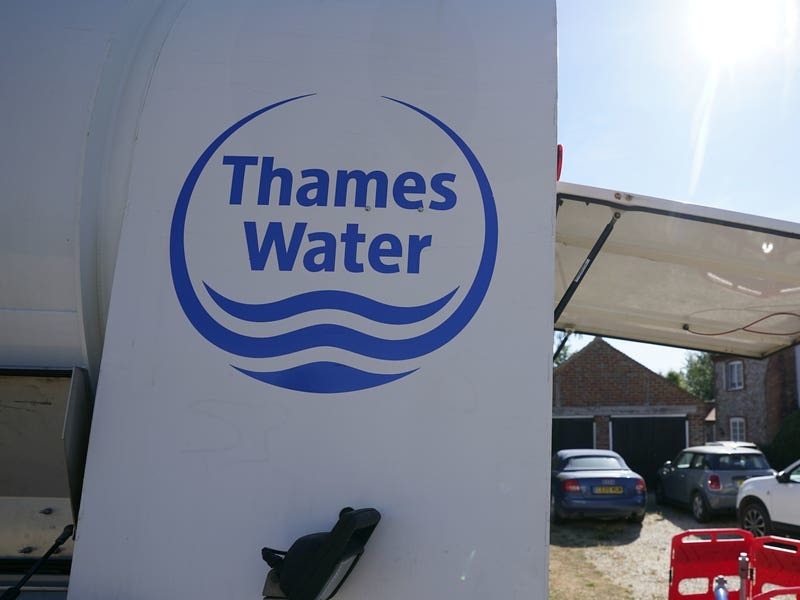The Health Secretary has invited junior doctors for pay talks in an attempt to avert next week’s three-day strike amid a bitter dispute over pay.
Steve Barclay said he had proposed negotiations “on the same basis other health unions accepted”, after planned industrial action by tens of thousands of key workers was suspended when the Government agreed to discuss pay for this year.
Unions representing ambulance workers, physiotherapists, nurses and midwives have been in talks with the Department of Health and Social Care (DHSC) since Tuesday.
I’ve written to @BMA_JuniorDocs inviting them for formal pay talks on the same basis other health unions accepted, including calling off next week’s strike.
Let’s have a constructive dialogue to make the NHS a better place to work and ensure we deliver the care patients need.
— Steve Barclay (@SteveBarclay) March 10, 2023
But the discussions have not involved junior doctors in the British Medical Association (BMA), who are still due to walk out for 72 hours on Monday.
Mr Barclay tweeted on Friday night: “I’ve written to @BMA_JuniorDocs inviting them for formal pay talks on the same basis other health unions accepted, including calling off next week’s strike.
“Let’s have a constructive dialogue to make the NHS a better place to work and ensure we deliver the care patients need.”
However, the BMA junior doctors faction noted the Health Secretary did not attend talks on Friday.
“Without any credible negotiations we have no choice but to strike on Monday and continue our fight for #PayRestoration.”
Nearly 40,000 junior doctors voted to take industrial action in the BMA ballot.
Dr Rob Laurenson and Dr Vivek Trivedi, co-chairmen of the BMA’s junior doctors committee, told The Times that doctors were willing to keep striking until they got “full pay restoration” — a 35% rise – and future strikes could last longer than 72 hours.
They also pledged to re-ballot members if their demand for pay restoration to 2008 levels has not been achieved when the union’s current six-month strike mandate runs out in August.
A call to “redouble efforts to enter negotiations and avoid industrial action” has been made by Sir Julian Hartley, chief executive of NHS Providers, Matthew Taylor, chief executive of NHS Confederation, and Will Warburton, managing director of the Shelford Group – a collaboration of 10 of the largest teaching and research NHS hospital trusts in England.
They said they understood doctors’ frustrations over “the way their pay has lagged behind inflation in recent years, while their workloads have increased” but said it was not too late “for all sides to realise the harm a strike will do”.
NHS England has expressed concern about the impact of the strikes on emergency care and efforts to tackle waiting lists.
Chief strategy officer Chris Hopson told a summit last week that he expected the strikes to have a “bigger and wider spread” than any walkouts so far.
On Thursday, the Government said negotiations with other health unions had been constructive and will carry on into next week.
Four of the unions involved, GMB, Unison, Unite, and the Chartered Society of Physiotherapy, called off strike action in order to facilitate the ongoing talks.
The Royal College of Nursing also averted strikes at the beginning of March when they entered into pay negotiation with the Government.






